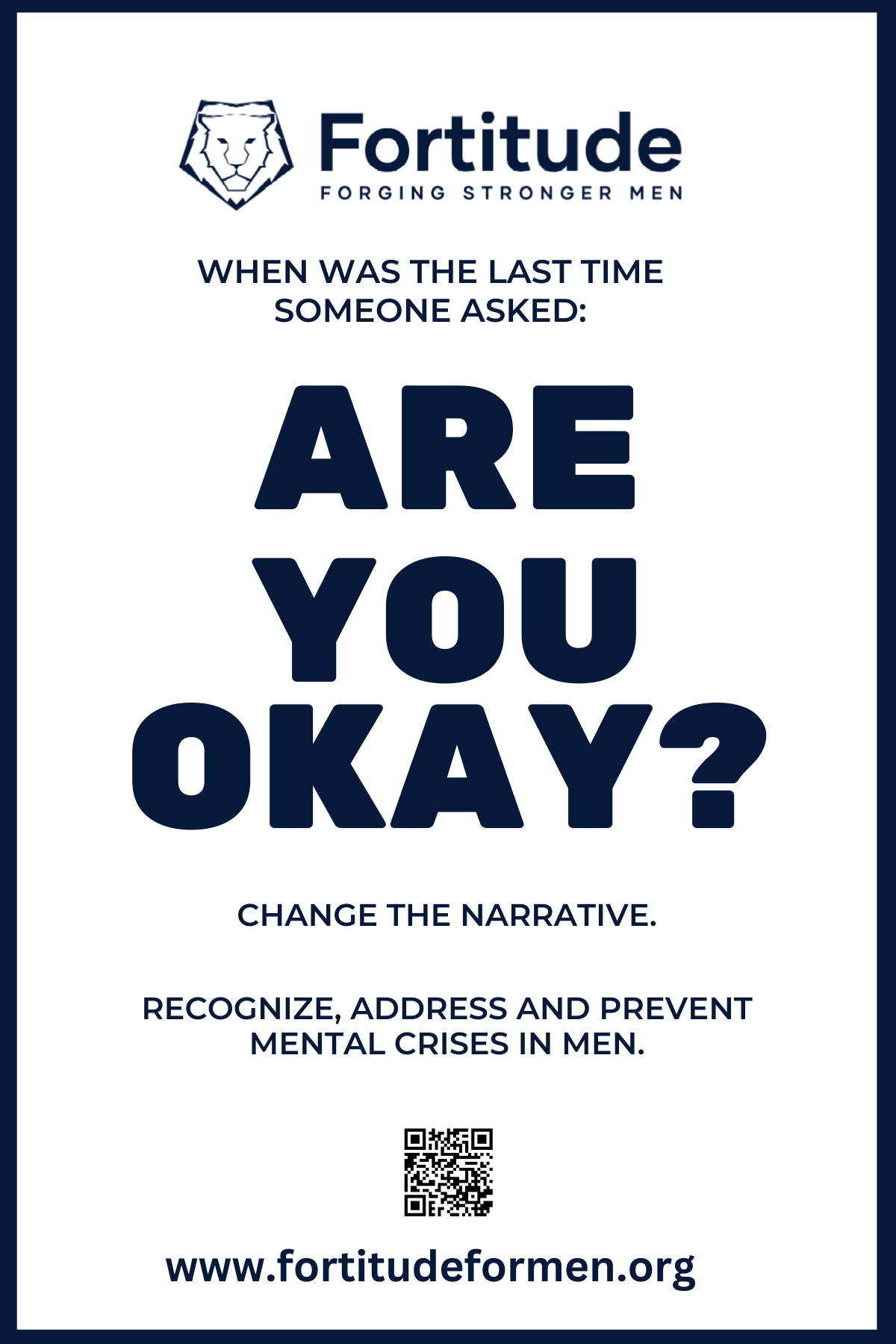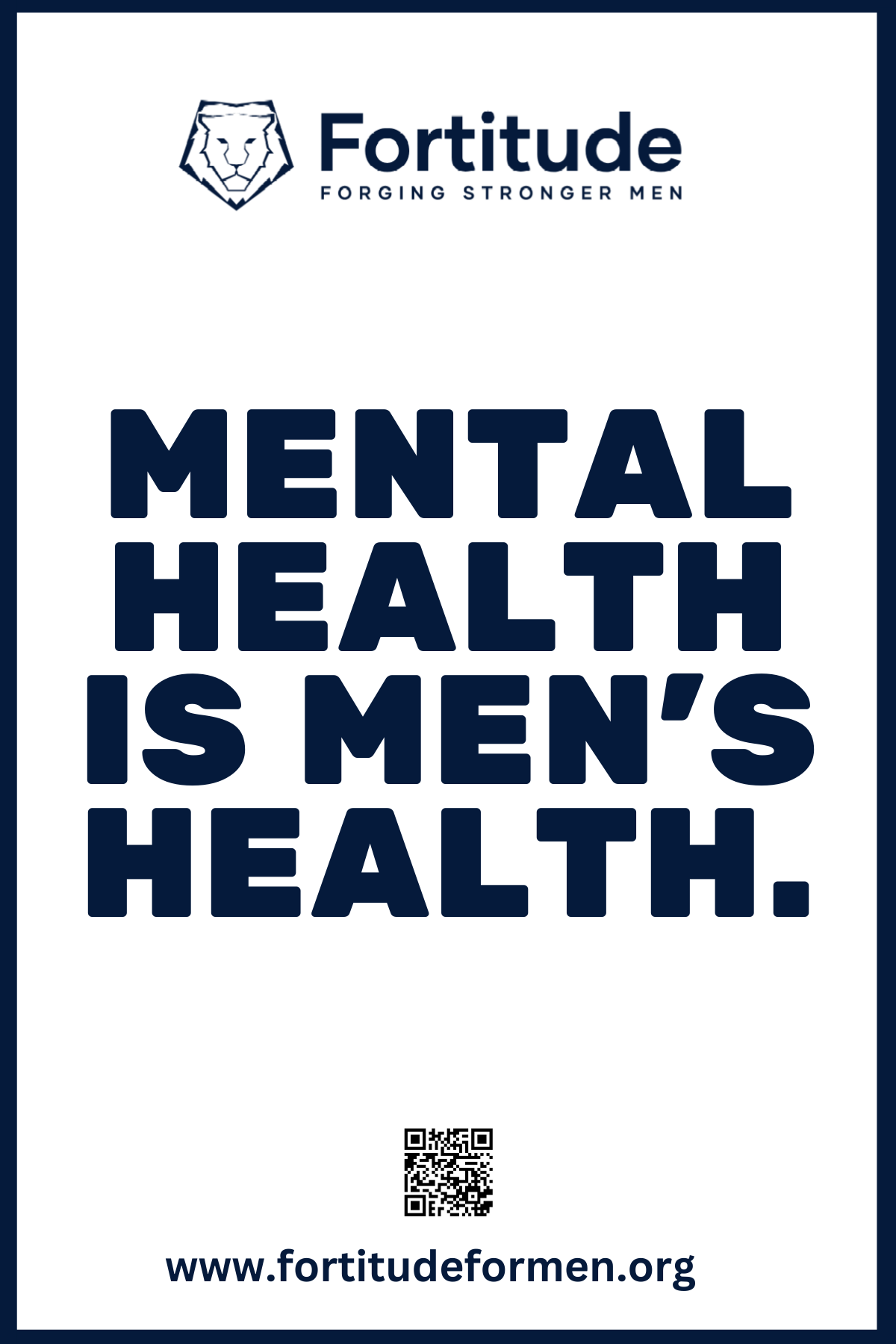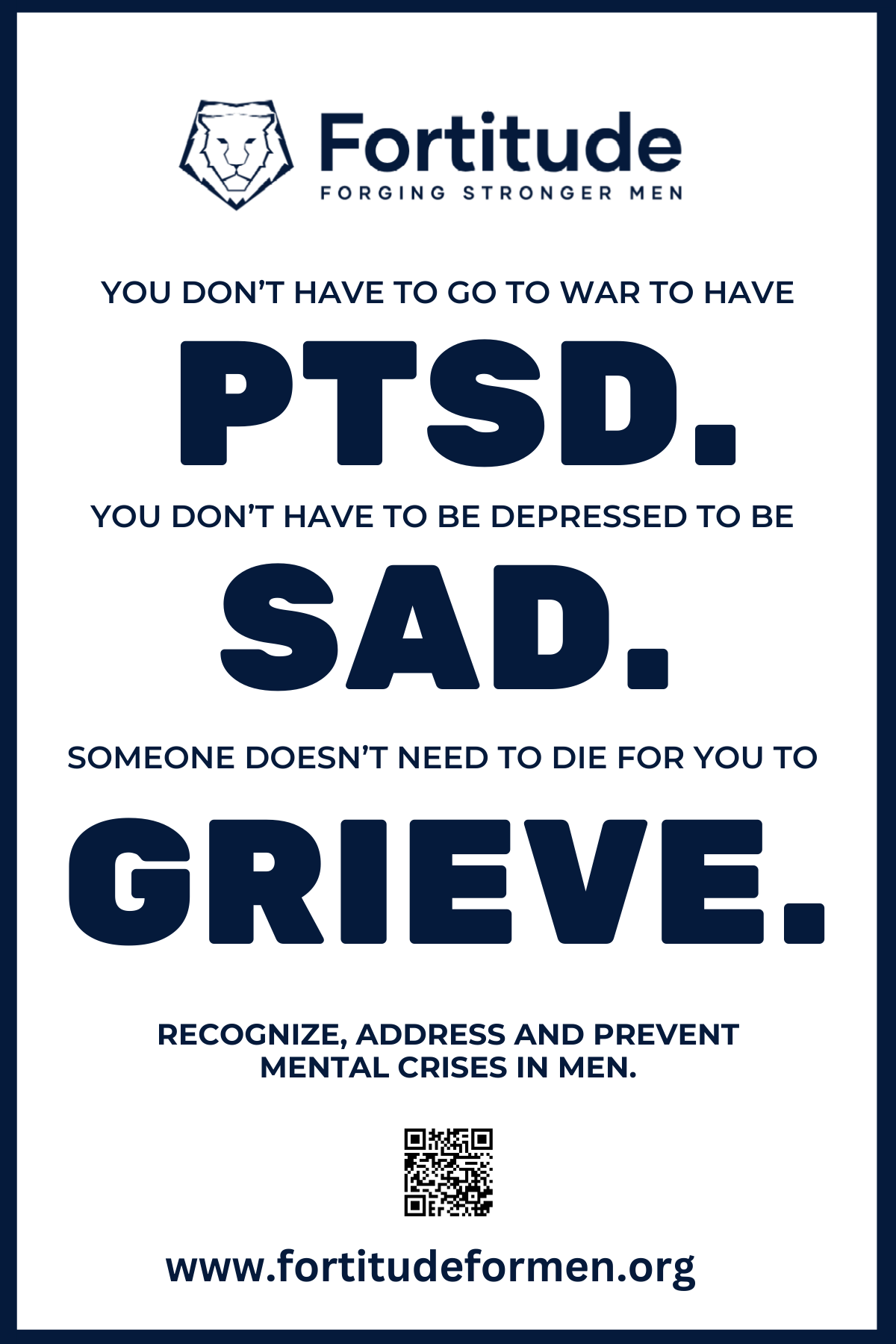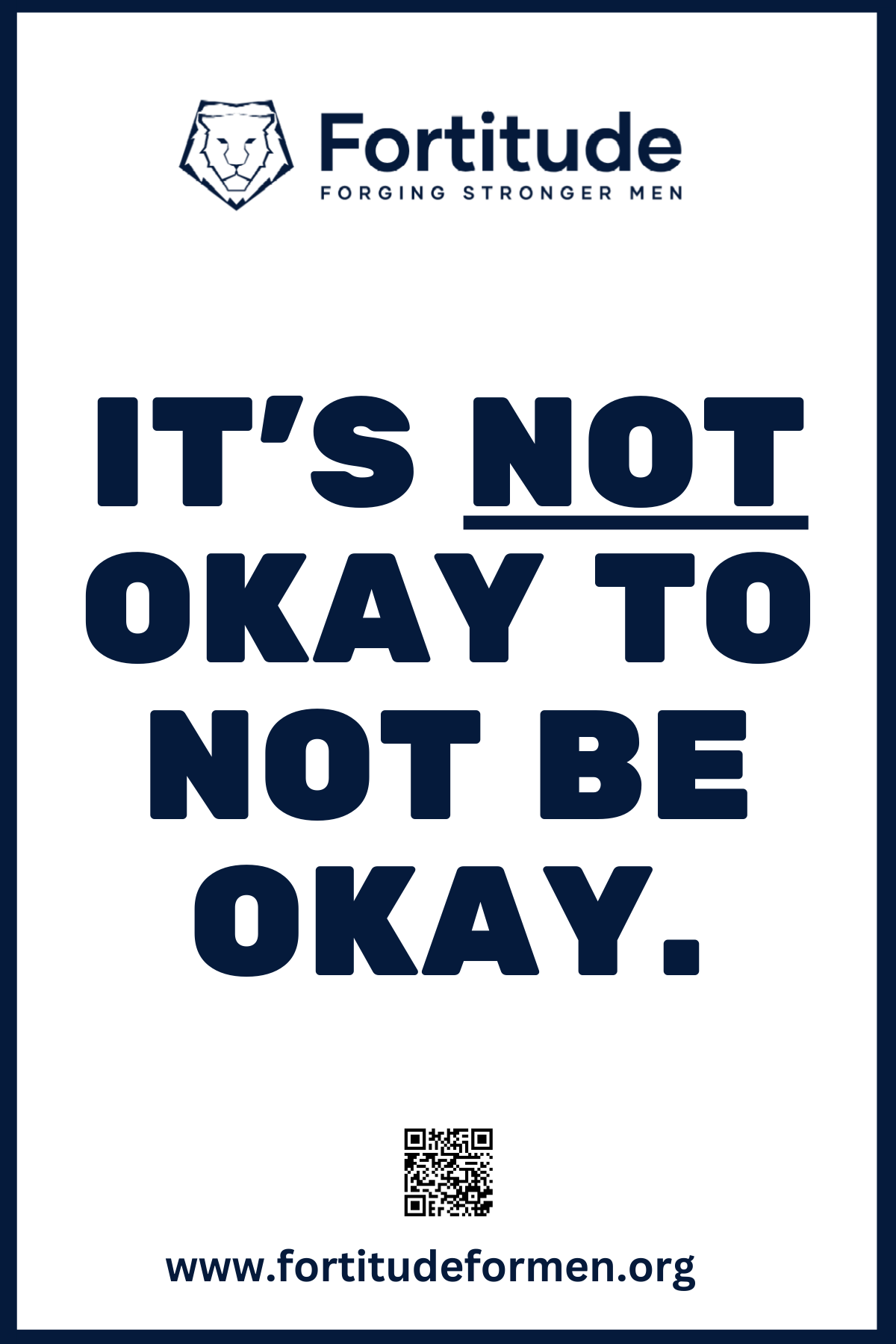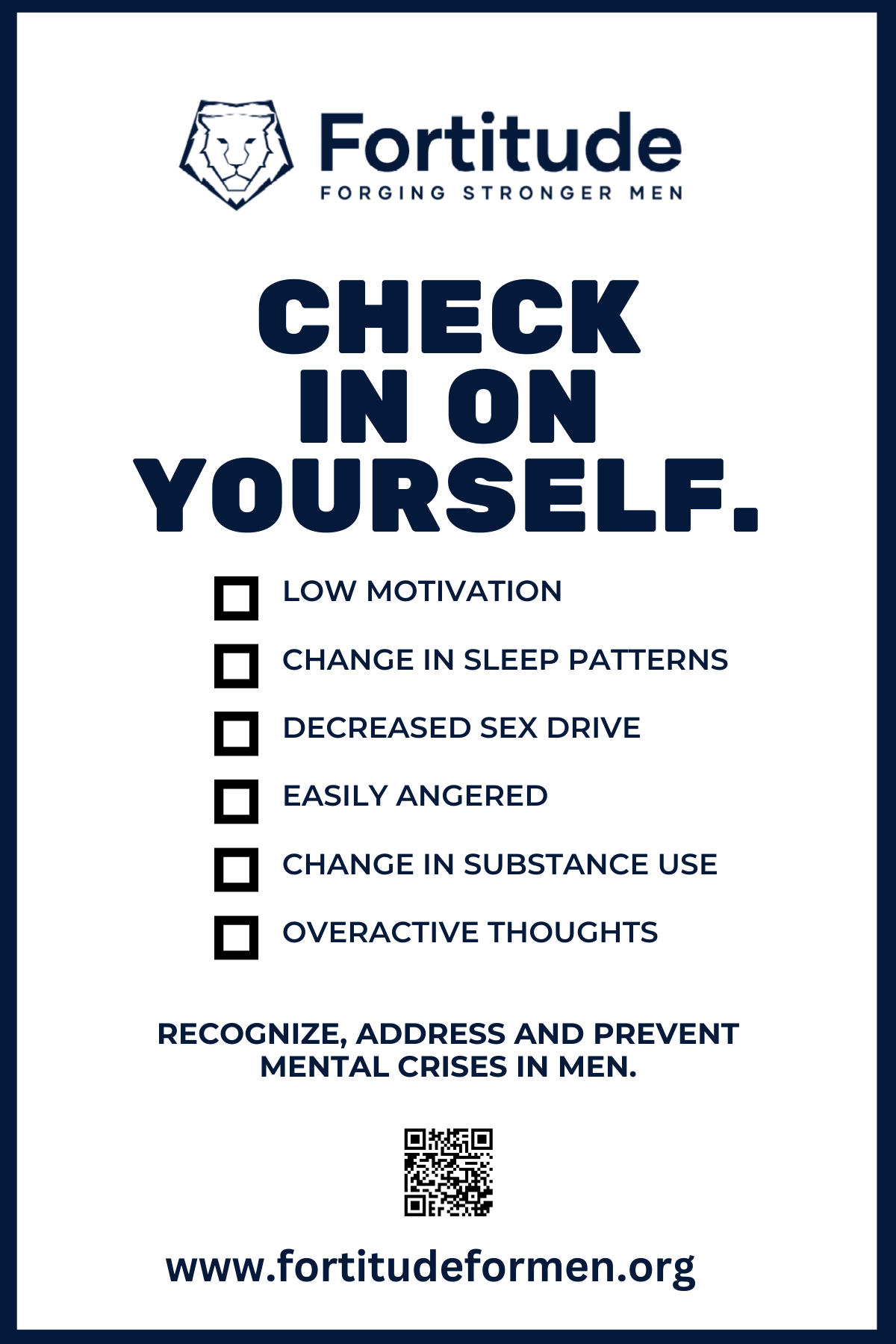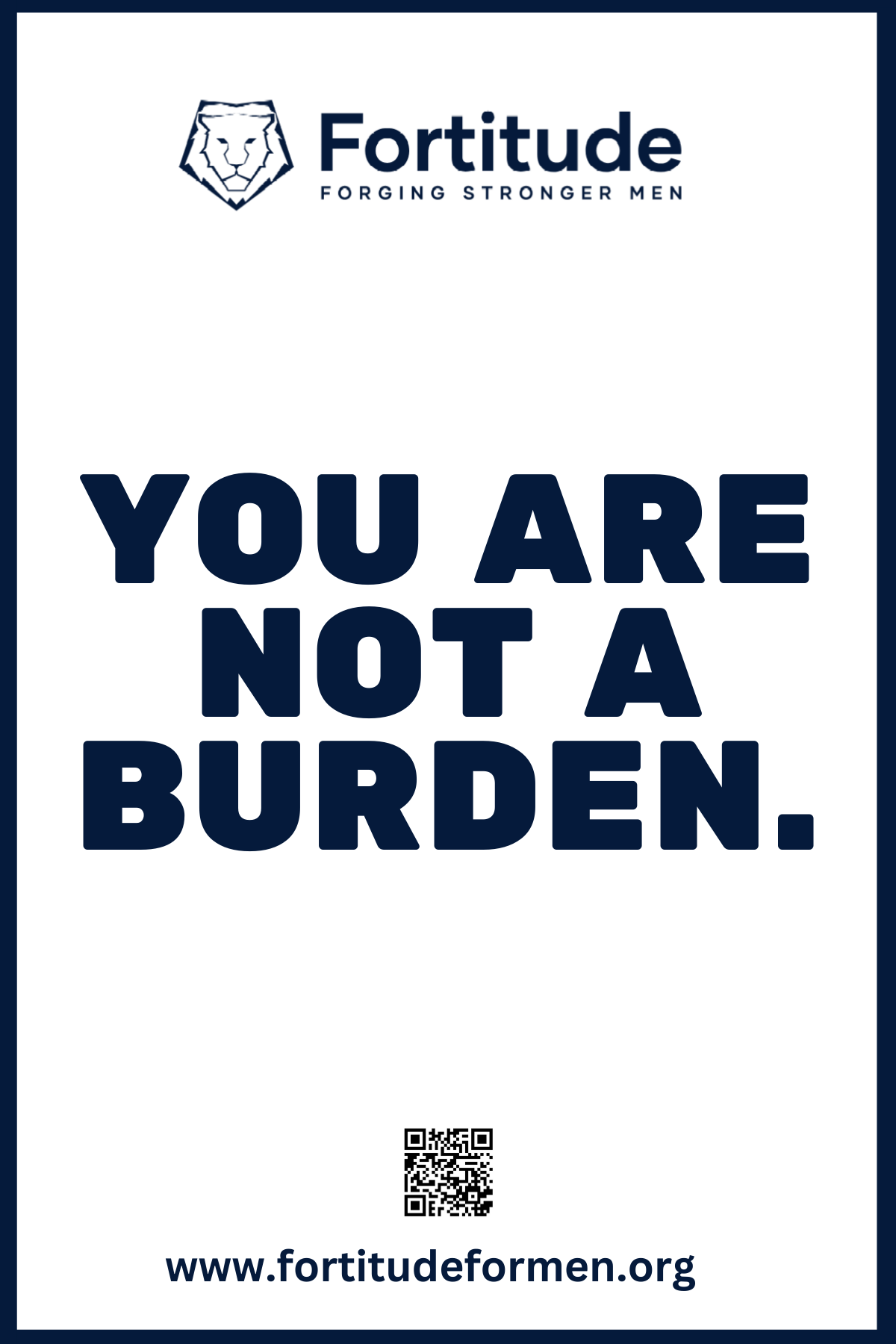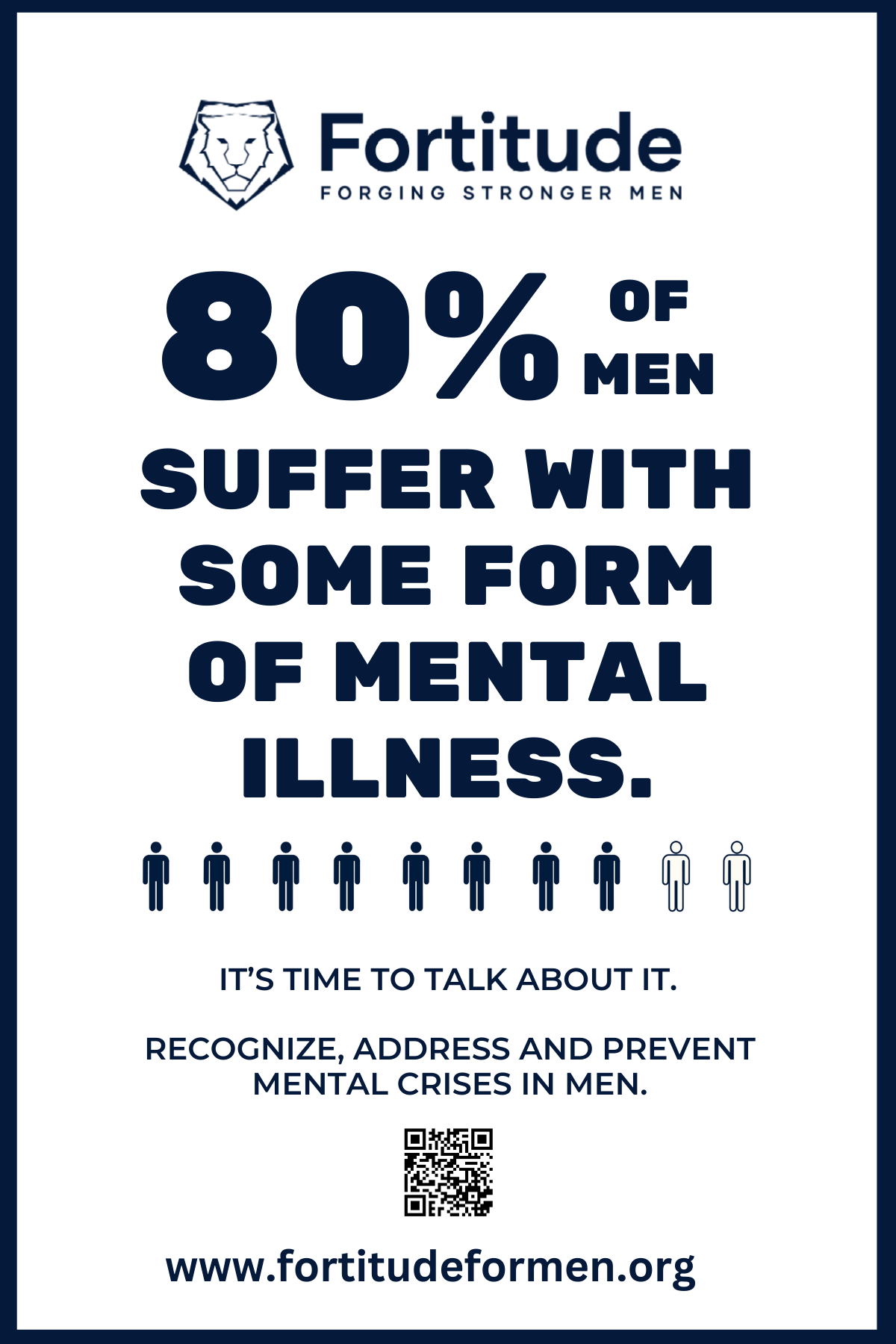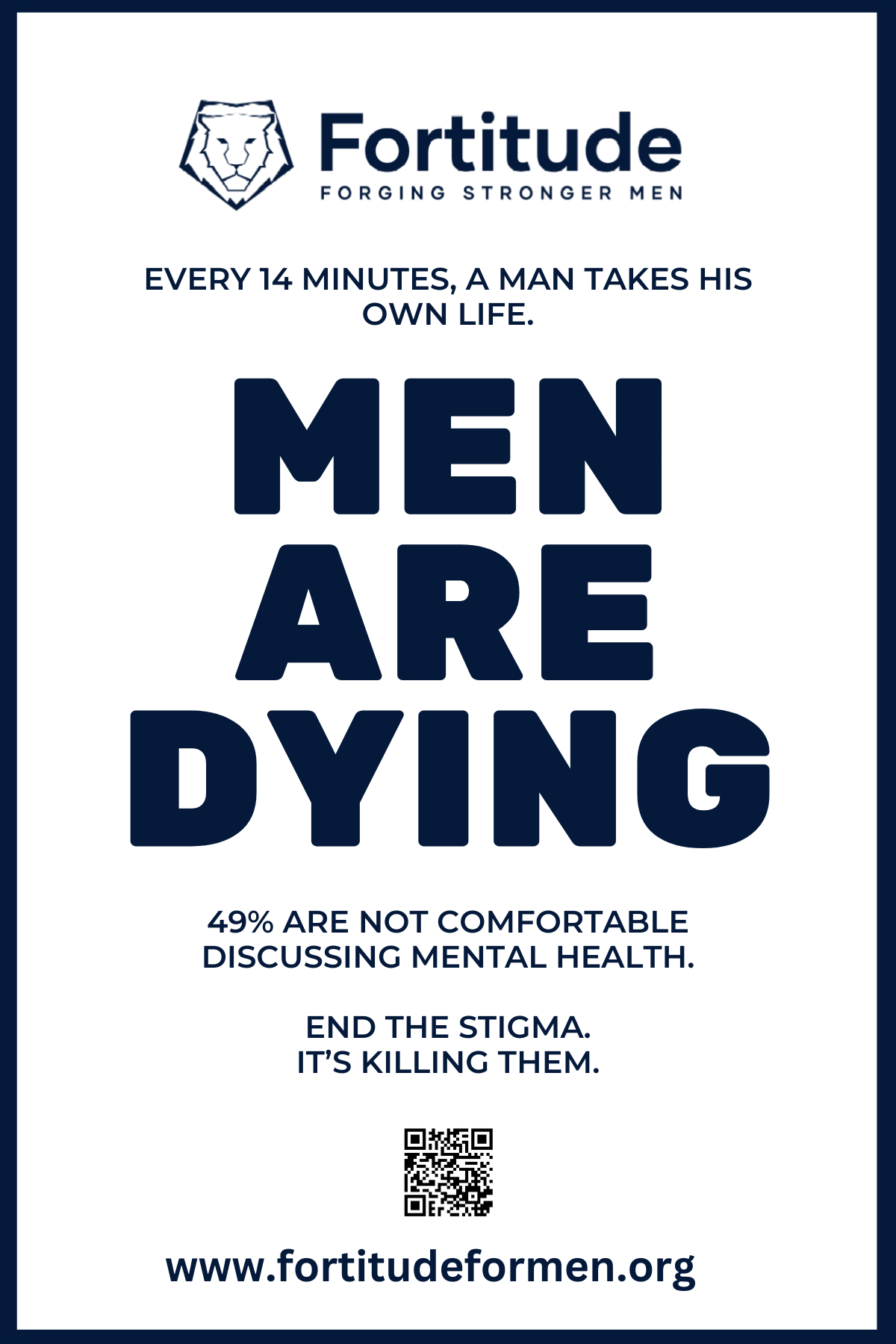UNIVERSITY OF MARYLAND
RESOURCES

RECOGNIZING
Individuals having a mental crisis will often experience a combination of many of the below symptoms before they are aware of the extent to which they are suffering. Recognizing what typically presents itself as a warning sign that you may be taking on too much, experiencing a stressful point in your life, or ineffectively responding to challenging circumstances helps to reduce the severity of its impact and intervene accordingly. These are all things that when occurring for prolonged periods of time, can lead to more serious and potentially unmanageable mental crisis.
FREQUENTLY BEING "SICK", AVOIDANCE
EXTREME HIGHS/LOWS
F*CKED UP SLEEP SCHEDULE
SEEN US ON CAMPUS? DOWNLOAD THE FLYERS BELOW TO SHARE OUR MESSAGE WITH YOUR COMMUNITY!
